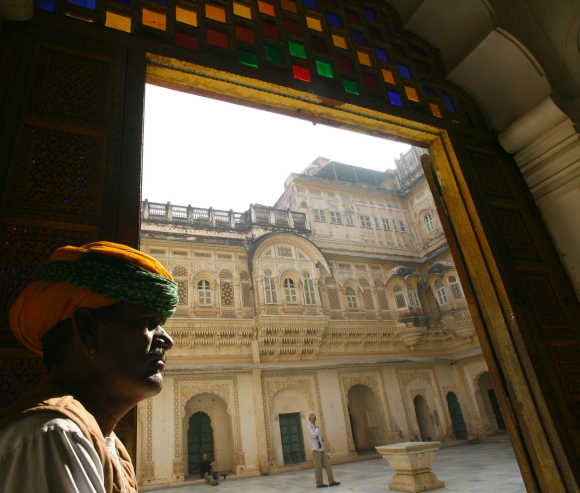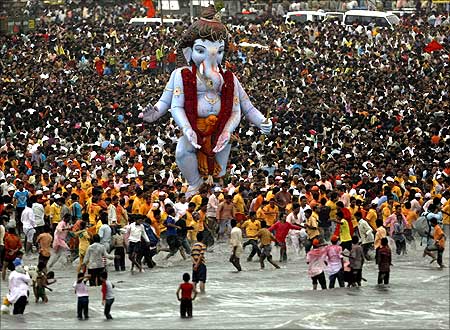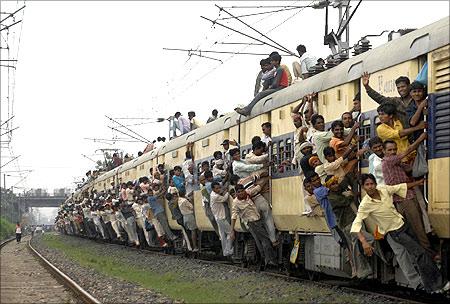 | « Back to article | Print this article |
Highest and lowest unemployment rates in Indian states
India's jobless rate stood at 3.8 per cent during the last fiscal, with Daman and Diu and Gujarat topping the list of least unemployed among states and UTs.
"Our unemployment level is much better than that of other countries like US, Spain and South Africa," Director General of Labour Bureau D S Kolmakar said.
The latest report for the year 2011-12, released by Labour Bureau (under Union Ministry of Labour and Employment) said Daman and Diu and Gujarat had unemployment rates of 0.6 per cent and 1 per cent respectively.
Click NEXT to read more...
Highest and lowest unemployment rates in Indian states
Chhattisgarh and Rajasthan stood at 3rd and 4th position in the list.
As for Punjab, its fiscal position may be "worrisome" but it performed better in providing employment than states like Haryana, Delhi and Maharashtra during last financial year.
It was revealed that unemployment rate in Punjab stood at 1.8 per cent, the fifth lowest at all India level amongst states and UTs.
The unemployment rate at all India level stood at 3.8 per cent while in rural and urban areas it was 3.4 per cent and 5 per cent respectively, Kolmakar said.
Click NEXT to read more...
Highest and lowest unemployment rates in Indian states
Haryana and Union Territory of Chandigarh recorded unemployment rates of 3.2 per cent and 2.8 per cent respectively and secured 13th and 9th position respectively at all India level during the period.
The unemployment rate in Chhattisgarh and Rajasthan was 1.2 per cent and 1.7 per cent respectively, Kolmakar said adding Delhi and Maharashtra recorded an unemployment rate of 4.8 per cent and 2.8 per cent respectively during last fiscal.
Click NEXT to read more...
Highest and lowest unemployment rates in Indian states
Under this survey, a sample of 1.28 lakh households was taken from all the districts of the country. Of this 81,430 families were from rural sector and remaining 46,868 households from urban sector.
Kolmakar further informed that despite relatively low Labour Force Participation Rate (LFPR), the unemployment rate is significantly higher among females as compared to males.
At all India level, the female unemployment rate is estimated at 6.9 per cent whereas for males, the rate during last fiscal stood at 2.9 per cent.



